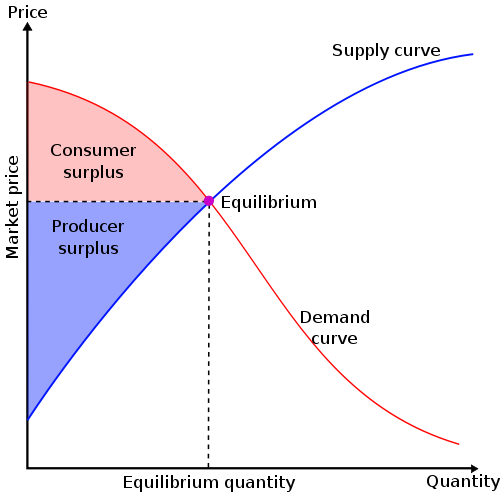Surplus Deficit
Last week, Keen blogged about a tweet that should be filed under “Things that make you go Hmm… not really”:
In a world of $5 lattes a game with 50 hours of content is worth $1,000. Instead, many won’t touch a game until some stupid Steam Sale. (source)
Wilhelm has already penned an exceptionally good take-down of the latte vs game comparison. What struck a cord in me the most, though, was this follow-up tweet:
The unwillingness to pay what a game is actually worth is why we have on disc DLC, F2P, micros for single player games, season passes, etc. (source)
This, my friends, is the embodiment of everything I warned about six years ago.

We as consumers have been beaten down so often and for so long that the argument almost makes sense. It seems “fair” that someone gets paid a proportional amount for the benefit received. But the funny thing is that reasoning only ever seems to go in one direction. Price exceeds the amount it costs to create? Capitalism, working as intended. Benefit exceeds the price? Suddenly there’s a whole lot of hand-wringing and articles about Millennials killing functionally useless industries.
Fight for your own Consumer Surplus! The difference between how much you paid for something and the amount of enjoyment it provided is yours. That’s your profit, not the game company’s. These corporations will try to erode your consumer surplus with ever more novel monetization schemes, and other people might try to guilt you into “supporting the devs” or admonish your “unwillingness” to throw your hard-earned money in a hole for literally no reason. But the fact remains that it’s the game company‘s responsibility to effectively manage their own resources, to figure out what payment models they should utilize, etc. Not yours. Their business is not your responsibility.
Don’t settle for the precise intersection between Supply and Demand. Don’t let anyone make you feel guilty for getting a deal. If you want to donate extra money to random devs in some idealistic hope they generate future value, go for it. But understand this: the only person looking out for you, is you.
Posted on August 30, 2017, in Commentary and tagged Consumer Surplus, F2P, Fair, Mobile, Profit. Bookmark the permalink. 4 Comments.
F2P at least came about in an attempt to differentiate in order to break out of the tyranny of the supply/demand chart. It was a solution to the “why is nobody buying my game” problem. The first couple of games in any segment to do it saw success. And then most everybody did it, it became the norm, and supply/demand reasserted itself.
The only way to really break out is to differentiate in a way your competitors cannot copy. One of the other tweets from that same author complains about how people go back to playing WoW and LoL. He is mad because those are two games who have succeeded via branding, quality, and whatever else, in not being part of the same supply/demand chart everybody else has to work with.
There are arguably better, cheaper, more fun, better whatever MMOs/MOBAs than WoW/LoL, but WoW and LoL have managed to stand out from the pack in ways you can’t simply replicate.
Meanwhile, the low barrier to entry for iOS/Android apps as well as Steam and the allure/status of being a video game dev ensures that market is over supplied with games to the point that they have almost reached the status of commodities (or worse, since they have to give it away for free!), save for a few stand outs.
Basically, the market is working but people are rejecting what it is telling them and trying to find other reasons why their game isn’t selling.
LikeLike
Some relevant food for thought on the subject here:
https://www.gamasutra.com/blogs/RaminShokrizade/20170829/304535/How_the_Data_Implosion_will_trigger_the_Great_Game_Dev_Correction.php
LikeLike
That is indeed amazingly relevant. Thanks for the link.
LikeLike
It’s an entertaining read, but… it talks about trends without presenting any data, “mathematical certainties” without any equations, and 100% accurate predictions when there were only 4, one of which is a “joke”, and one hasn’t even happened yet. While reading that article, the main question on my mind was “what is this guy trying to sell me?” The predicted collapse of data science applied to games might even happen, but the article offers pretty much nothing to support it.
I agree with this post though. It would be nice not to have to treat game companies as pickpockets on a busy street, and the idea of feeling guilt over getting a deal is just insane.
LikeLike